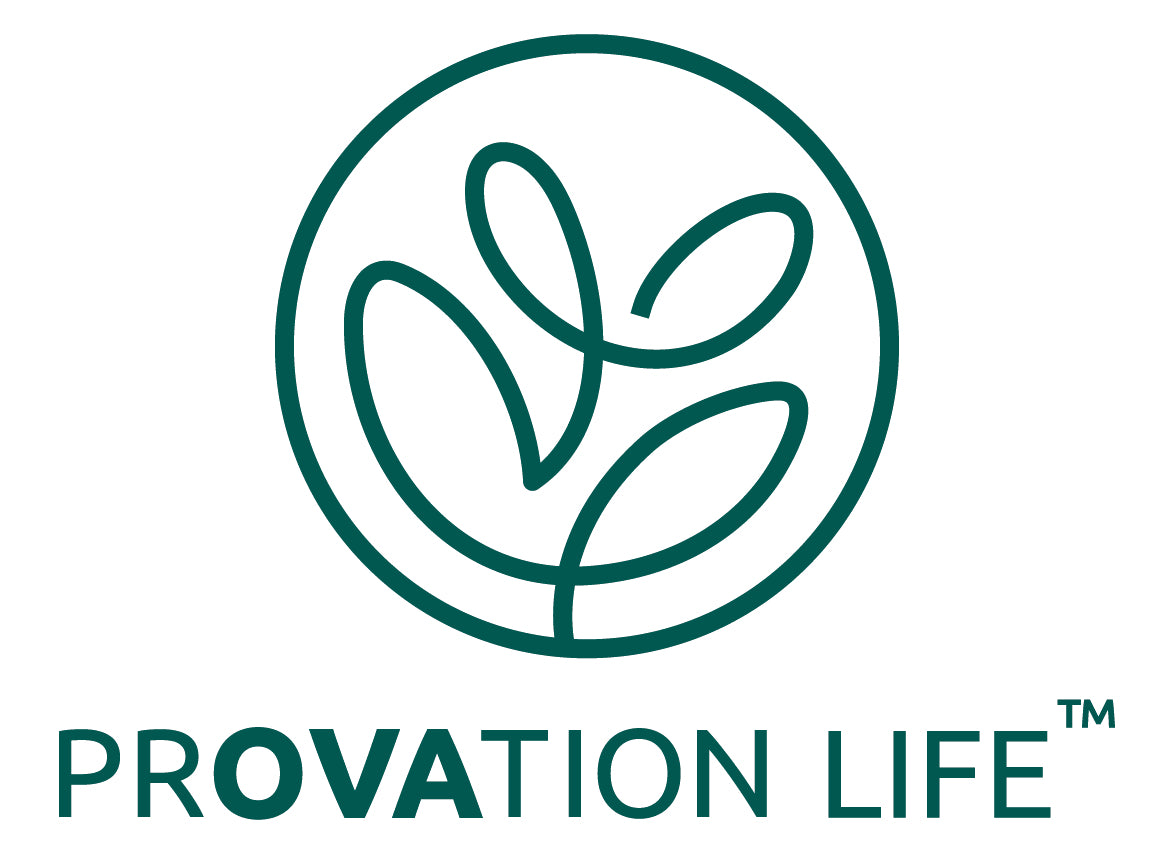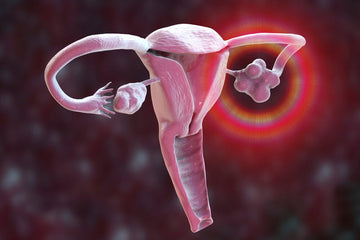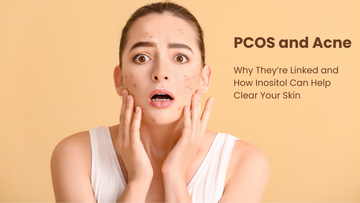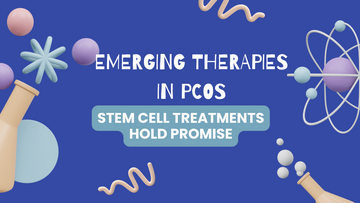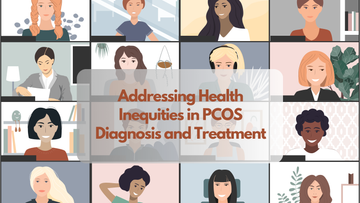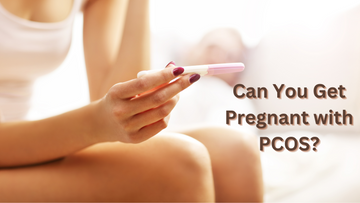Background
Polycystic ovary syndrome (PCOS) is a common endocrine illness that affects 6% to 20% of reproductive-age women and is linked to a higher risk of infertility, obesity, and insulin resistance. PCOS has been linked to genetic, neuroendocrine, and metabolic factors, although the exact cause of the condition is unknown. Gut microbiota is linked with the cause of PCOS in late-fertile women. A microbiome is a collection of bacteria, archaea, fungi, protozoa, and viruses, as well as their metabolites. This community is involved in many aspects of host physiology, including immunology, gut epithelial barrier integrity, vitamin B12 generation, and formation of short-chain fatty acids (SCFAs) via fiber fermentation, metabolism, and neurological activities.
Latest Research
Recent human research has discovered a link between alterations in the gut microbiome and PCOS metabolic and clinical characteristics. Furthermore, dysbiosis of the gut microbiota has been suggested as a possible pathogenetic component in the development of PCOS. Modification of the gut microbiota using probiotic, prebiotic, and synbiotic agents implies that these items could be used as new PCOS treatments (Endocrine and Metabolic Science Volume 3, 30 June 2021, 100085). The goal of this review is to explain the association between PCOS and gut microbiota, as well as possible causes, and to look at novel therapeutic options that could be created in this area. The gut microbiome has been demonstrated to be a potential pathogenetic component in the development of PCOS in studies. Dysbiosis of the gut microbiota appears to be linked to PCOS phenotypes in women with PCOS. Insulin resistance, sex hormone levels, and obesity have all been linked to changes in the variety and composition of gut microbiota in women with PCOS, according to research. With a greater understanding of the involvement of the intestinal microbiota in PCOS, new therapy possibilities such as prebiotics, probiotics, and synbiotics may be examined (Reproductive Biology and Endocrinology volume 20, Article number: 7 (2022)
Potential Implications
PCOS is linked to issues like irregular menstrual periods, excessive face and body hair development, acne, obesity, decreased fertility, and a higher risk of diabetes. PCOS is one of the most prevalent reasons of infertility among women, yet it is curable. The hormonal imbalance in women with PCOS prevents the ovaries from producing and releasing eggs (ovulation). You can't get pregnant if you don't ovulate. Inflammation can be caused by an imbalance of bacteria in our small intestine, as observed in SIBO, which can exacerbate PCOS symptoms. Insulin resistance is exacerbated by inflammation, which causes the ovaries to release too much testosterone, disrupting the menstrual cycle and preventing ovulation.
Future Directions
Changes in your lifestyle, such as eating a healthy, balanced diet and adding regular physical activity to your routine, can benefit your health in a variety of ways. A healthy lifestyle can assist women with PCOS improve their symptoms, especially if they are overweight and their new lifestyle helps them lose weight. Probiotics are beneficial to more than simply digestion and gut health. They have the potential to be beneficial in the treatment of PCOS. They can also control sex hormones like androgen and oestrogen and minimize inflammation. Probiotic pills and probiotic foods, such as kimchi and kombucha, should be considered.
References
Polycystic ovary syndrome phenotype does not have impact on oocyte morphology. Reproductive Biology and Endocrinology volume 20, Article number: 7 (2022). https://rbej.biomedcentral.com/articles/10.1186/s12958-021-00874-2
A review: Brief insight into Polycystic Ovarian syndrome. Endocrine and Metabolic Science Volume 3, 30 June 2021, 100085. https://doi.org/10.1016/j.endmts.2021.100085
Polycystic Ovary Syndrome: What It Is, How to Manage It. Published Sept. 4, 2020
Updated Dec. 15, 2021 https://www.nytimes.com/article/polycystic-ovary-syndrome.html
Li, T., Zhang, Y., Song, J., Chen, L., Du, M. and Mao, X., 2022. Yogurt Enriched with Inulin Ameliorated Reproductive Functions and Regulated Gut Microbiota in Dehydroepiandrosterone-Induced Polycystic Ovary Syndrome Mice. Nutrients, 14(2), p.279.
Sadeghi, H.M., Adeli, I., Calina, D., Docea, A.O., Mousavi, T., Daniali, M., Nikfar, S., Tsatsakis, A. and Abdollahi, M., 2022. Polycystic Ovary Syndrome: A Comprehensive Review of Pathogenesis, Management, and Drug Repurposing. International Journal of Molecular Sciences, 23(2), p.583.
Spremović Rađenović, S., Pupovac, M., Andjić, M., Bila, J., Srećković, S., Gudović, A., Dragaš, B. and Radunović, N., 2022. Prevalence, Risk Factors, and Pathophysiology of Nonalcoholic Fatty Liver Disease (NAFLD) in Women with Polycystic Ovary Syndrome (PCOS). Biomedicines, 10(1), p.131.
Georgescu, C.E., 2022. Polycystic ovary syndrome and nonalcoholic fatty liver disease. In Polycystic Ovary Syndrome (pp. 187-216). Elsevier.
Unfer, V., Monastra, G., Tilotta, M., Forte, G. and Dinicola, S., 2022. Inositols and other supplements in the management of PCOS. In Polycystic Ovary Syndrome (pp. 167-186). Elsevier.
Allen, N.G., Edupuganti, L., Edwards, D.J., Jimenez, N.R., Buck, G.A., Jefferson, K.K., Strauss III, J.F., Vaginal Microbiome Consortium, Wickham III, E.P. and Fettweis, J.M., 2022. The vaginal microbiome in women of reproductive age with healthy weight versus overweight/obesity. Obesity, 30(1), pp.142-152.
